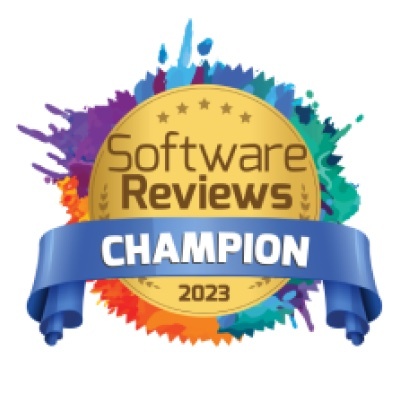A DataOps framework is a way to structure your data analytics product development so as to increase the quantity of data analytics products you can develop and deploy in a given time while simultaneously improving your data quality.
DataOps looks at a data pipeline as a production line for data analytics products. The same concepts that streamline the manufacturing of physical products can also be applied to data products.
What do you need for an effective DataOps framework?
Implementing a DataOps framework does not require a dedicated DataOps platform, but it does require that your data product development process incorporate the following DataOps best practices:
- Automated, continuous testing of your data pipelines’ input, throughput and output to make sure data is within statistically acceptable limits
- A flexible data processing infrastructure that can automatedly scale up and down depending on need
- Automated workflows for creating appropriate development environments and for testing a new data analytics product or version before it is released
- Easily searchable repositories of reusable components and processes
- Collaboration and feedback mechanisms that effectively connect developers and users
DataOps tools that provide data pipeline observability will ideally utilize the most efficient combination of automated benchmarking, checkpoints, tests, alerts and remediation processes – and involvement of humans for higher levels of decision-making.
Which data product development tools fit best into a DataOps framework?
A clunky, proprietary database (or any other data management tool) can throw a wrench into the works of even the most promising DataOps framework.
To increase your chances of DataOps implementation success, choose tools that:
- Support multiple environments (e.g. development, staging, production)
- Scale up and down automatedly according to the present demands of the workload
- Produce source code
- Provide version control, branching and merging
- Offer machine-callable APIs


